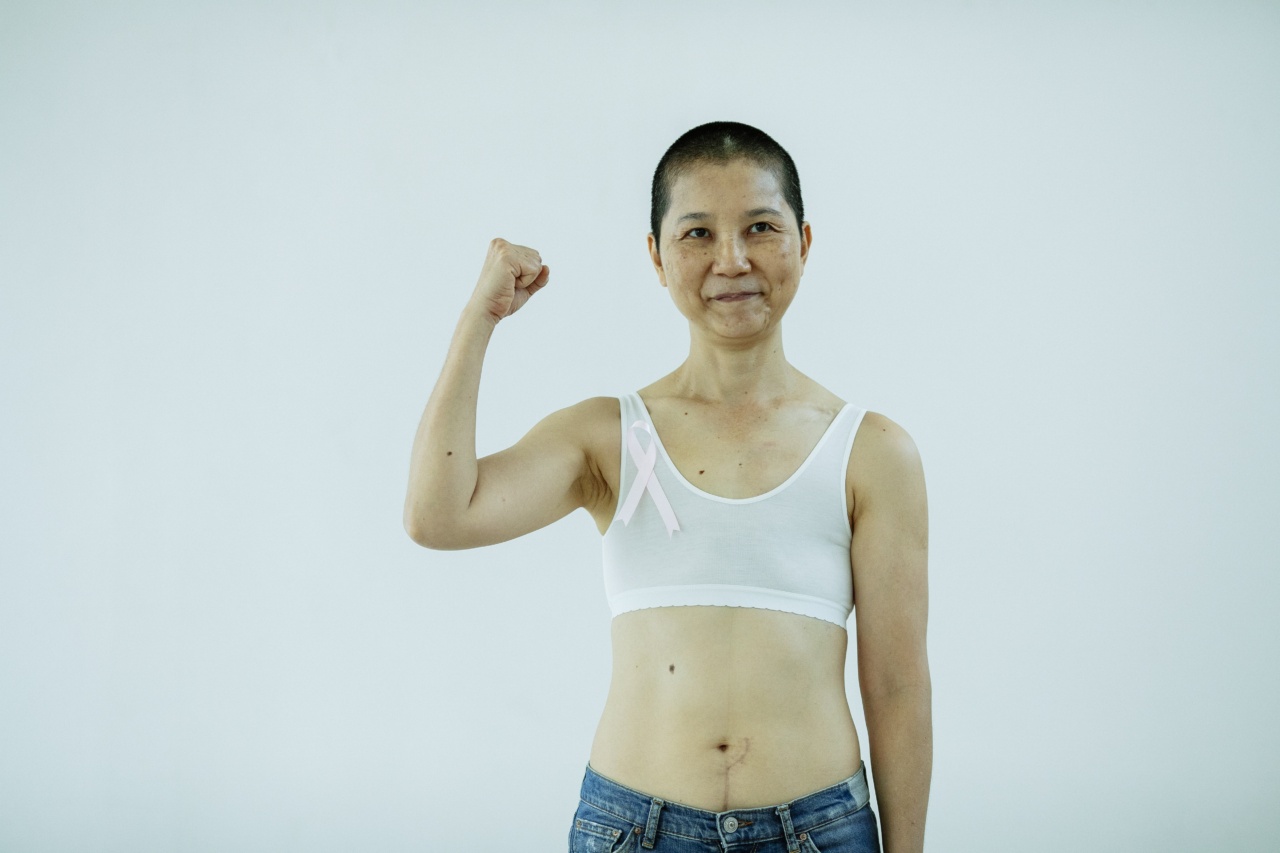When undergoing cancer treatment, taking care of your skin becomes crucial. Cancer treatments like chemotherapy and radiation therapy can often have side effects on the skin, such as dryness, rashes, and increased sensitivity.
Eating a healthy diet filled with essential nutrients can help support your skin health and minimize these side effects. Here are some tips on how to eat for healthy skin during cancer treatment.
1. Stay Hydrated
Drinking enough water is essential for overall health, and it plays a significant role in maintaining healthy skin. During cancer treatment, your body may become dehydrated due to side effects like vomiting or diarrhea.
To stay hydrated, aim to drink at least eight glasses of water per day. You can also include other hydrating fluids such as herbal tea, coconut water, or infused water.
2. Include Antioxidant-Rich Foods
Antioxidants are important for fighting free radicals that can damage skin cells. Include a variety of fruits and vegetables in your diet to ensure you get a good range of antioxidants.
Berries, citrus fruits, dark leafy greens, and colorful vegetables like carrots and bell peppers are excellent choices.
3. Incorporate Healthy Fats
Healthy fats, such as those found in avocados, nuts, seeds, and fatty fish like salmon, are beneficial for maintaining skin health. These fats provide essential fatty acids that help keep the skin moisturized and supple.
Try adding avocado slices to salads, snacking on nuts, or including fish in your meals a few times a week.
4. Choose Foods Rich in Vitamin C
Vitamin C plays a vital role in collagen production, which is essential for maintaining skin elasticity and vitality. Include foods rich in vitamin C, such as oranges, strawberries, kiwi, and bell peppers, in your everyday meals.
If your cancer treatment makes it difficult to eat solid foods, try incorporating freshly squeezed juices or smoothies into your diet.
5. Opt for Zinc-Rich Foods
Zinc is crucial for skin cell regeneration and helps maintain the skin’s integrity. Include zinc-rich foods like oysters, lean meats, poultry, legumes, and whole grains in your diet.
If you’re experiencing taste changes during treatment, consult a nutritionist who can help suggest alternative sources of zinc that suit your taste preferences.
6. Incorporate Healthy Protein Sources
Proteins are the building blocks of our body, including our skin. Incorporate lean protein sources like chicken, fish, tofu, lentils, and beans into your meals to support skin health and repair.
If you’re struggling with loss of appetite, speak with a registered dietitian who can guide you on protein-rich options that you find appealing.
7. Include Foods Rich in Vitamin E
Vitamin E is known for its antioxidant properties and helps protect the skin from damage caused by free radicals. Foods like almonds, sunflower seeds, spinach, and avocado are excellent sources of vitamin E.
Try to include these foods in your daily meals or consult a dietitian to determine if a vitamin E supplement is necessary for you during treatment.
8. Limit Processed Foods and Added Sugars
Processed foods and added sugars can contribute to inflammation, which can negatively impact your skin health. Limiting the consumption of processed snacks, sugary beverages, and desserts can support your overall health and skin integrity.
Instead, opt for whole, nutrient-dense foods.
9. Stay Mindful of Food Safety
Cancer treatments can weaken your immune system, so it’s essential to practice proper food safety to reduce the risk of foodborne illnesses.
Wash fruits and vegetables thoroughly, cook foods at appropriate temperatures, and avoid raw or undercooked eggs, seafood, and meats. If you have concerns about food safety, consult your healthcare team or a registered dietitian.
10. Stay Consistent and Seek Guidance
Maintaining a healthy diet during cancer treatment can be challenging due to various treatment-related side effects.
It’s crucial to stay consistent with your eating habits and seek guidance from a registered dietitian specializing in oncology nutrition. They can help you create a personalized eating plan that suits your specific needs while considering any treatment-related dietary restrictions or preferences.

























